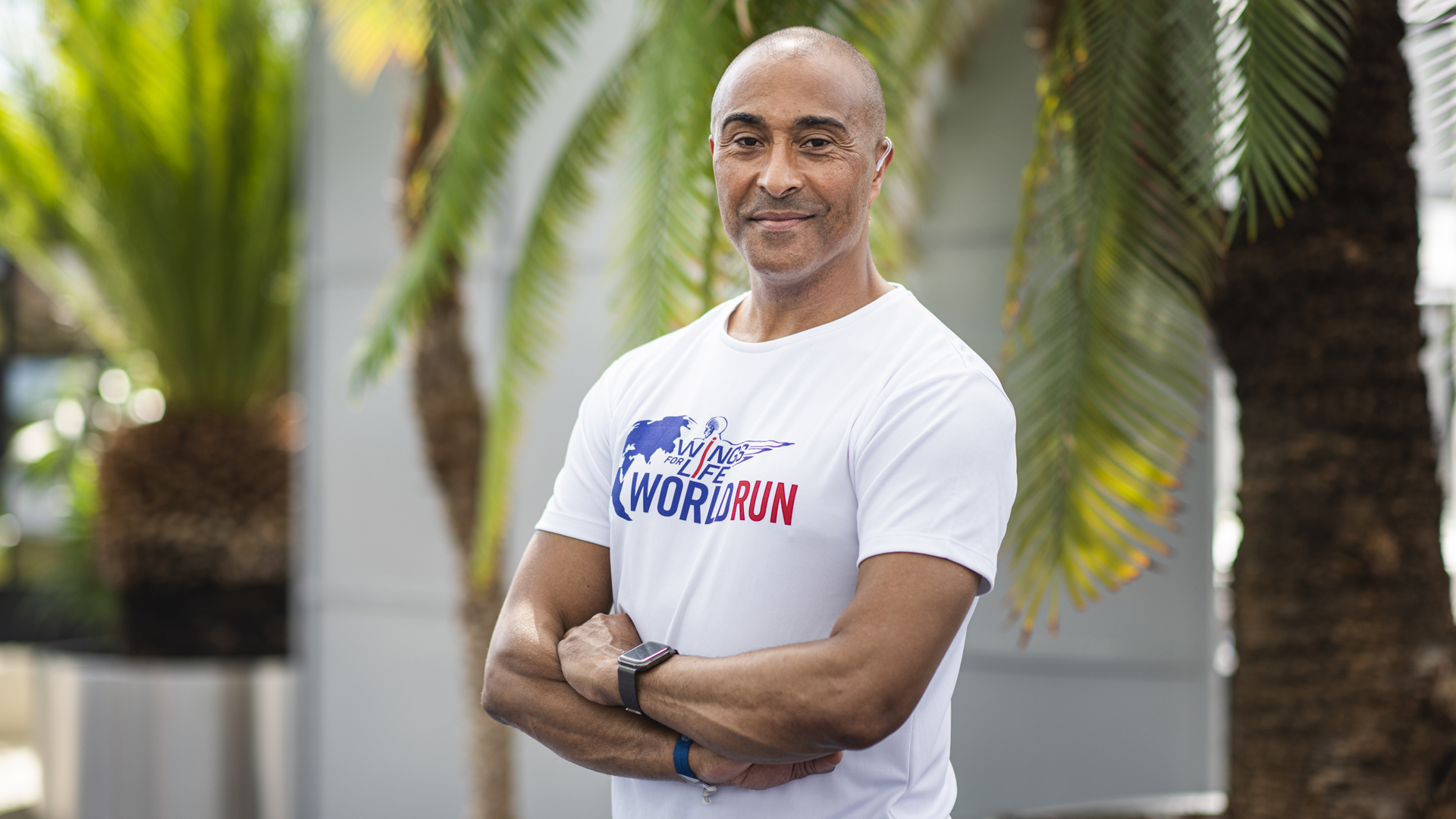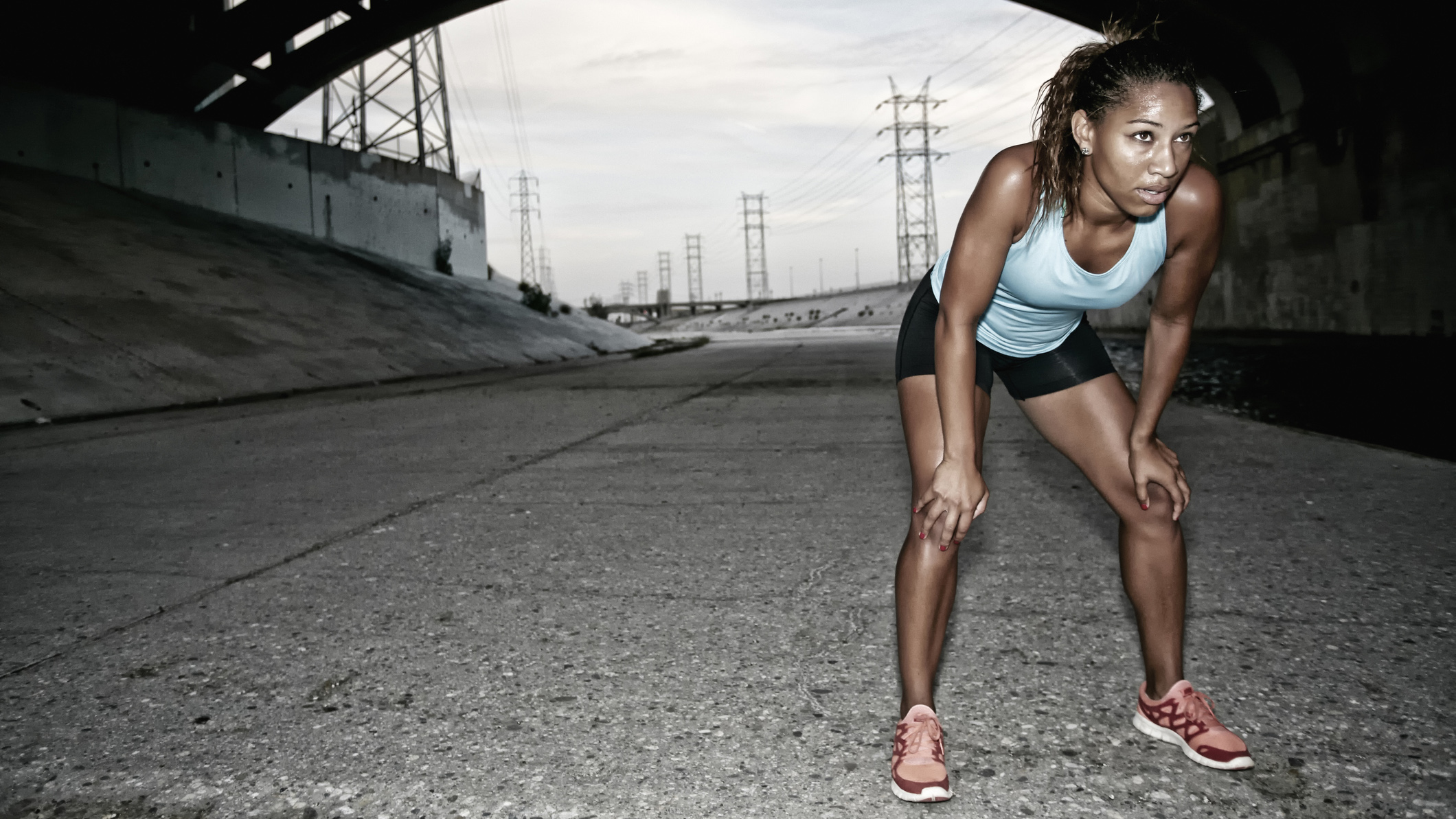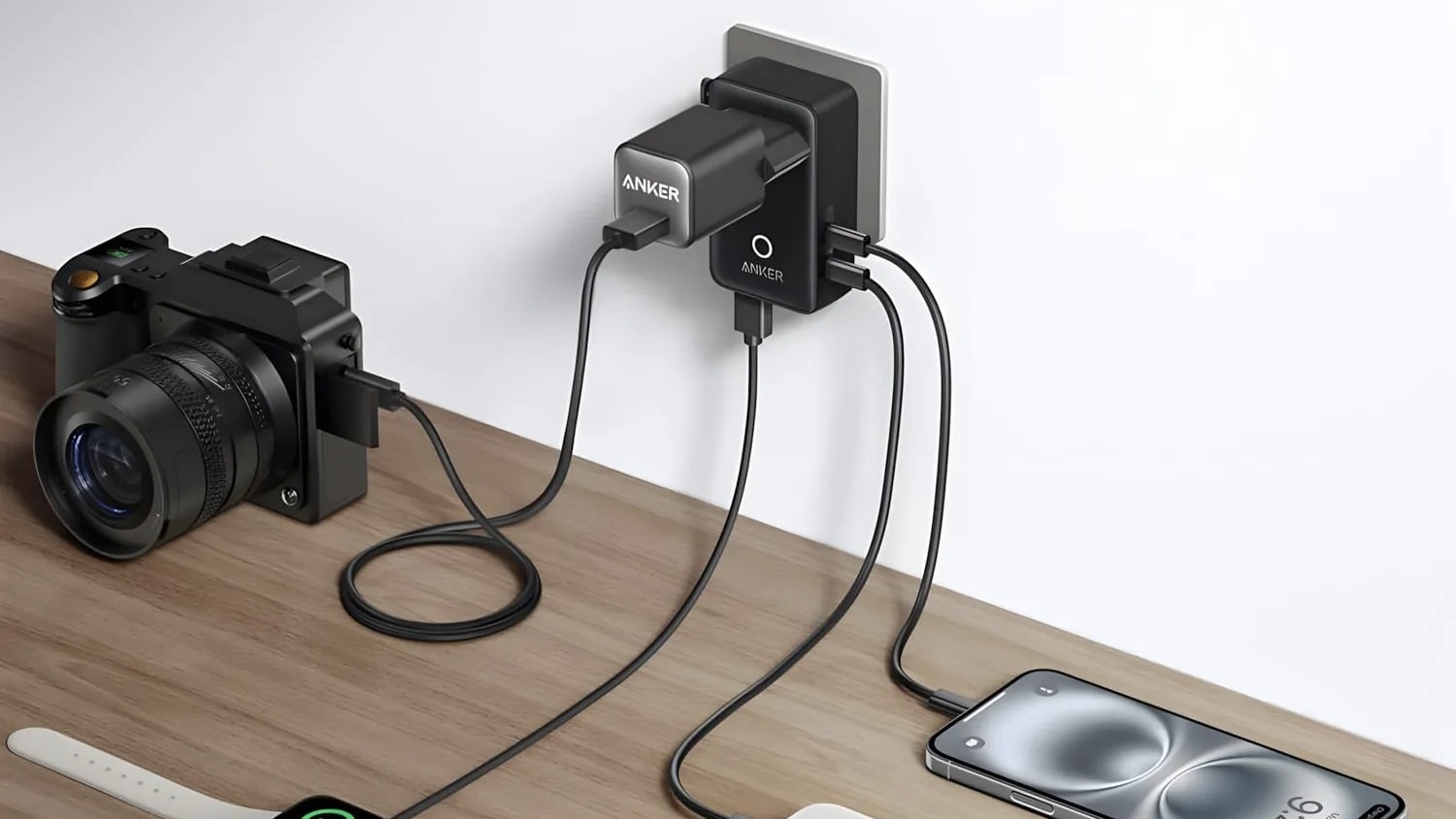

Colin Jackson, CBE, is an amazing runner. Among the accolades of Welsh former sprint and hurdling athlete you'll find multiple Olympic medals and world championship wins. He was undefeated at the European Championships for 12 years, his world record of 12.91 seconds for the 110 metres hurdles stood for over a decade and his 60 metres hurdles world record stood for nearly 27 years.
Long story short he was fast runner. Very fast.
What enabled him to travel on foot at such speed was exactly what I was most interested in, hence why I posed him the question: "Can you give me any tips on how to improve my running speed?" Colin Jackson, being the approachable person he's always been, gave me not one but four pieces of solid running advice everyone can take home and action.
Once you became a faster athlete, what a better way to put your increased running speed to good use than participating in Red Bull's Wings for Life event, taking place on 8 May 2022 12:00 PM (local time). You can participate online or join a local event; 100% of your entry fee goes into spinal cord research and will help to find a cure for spinal cord injury.
Now, put on your running shoes, strap on your running watch and pop in your running headphones: it's time to go fast!
1. Get stronger
Runners despise resistance training the same way bodybuilders dislike cardio. However, both groups could benefit from doing more of the other thing as it would give them a competitive edge over their peers. In the case of runners, this means visiting the gym and working on those glutes and quads.
"Running fast isn't always about running; it's about how you prepare your body for the challenge off the track", says Colin Jackson, "Take the time to do correct strength training plans for improving the power in your legs. Work on plyometric exercises like lunges, squat jumps, box jumps and skater squats. There are loads of fun exercises to improve power, but it will really help you keep good posture and form when you get tired on your runs."
Sign up to the T3 newsletter for smarter living straight to your inbox
Get all the latest news, reviews, deals and buying guides on gorgeous tech, home and active products from the T3 experts

Don't get ahead of yourself
2. Pace Yourself
"Even running shorter distances, we often get ahead of ourselves thinking we can go at whichever pace", Colin Jackson remarks, "Building your speed takes time; when you are out running, listen to your body and observe what speed you can hold at a comfortable pace."
"Once you have a rough estimate of your 5-10k speed, look to improve it steadily over time. Plan your runs around which areas need improving and focus on a strong finish", he adds.
3. Enter an event
"I always find that when you're training for something specific with a goal in mind, you're much more likely to make improvements", Colin Jackson suggests, "Maybe it's a 10k time you're looking to improve, or some competition between friends to see who can go the furthest in a set period of time".
Training with friends is a good motivator, and training in groups can also help you increase speed, as long as you train with people who are slightly faster than you. "Having fun with a challenge will always help when trying to get quicker. If you're taking it seriously, then set out a specific goal and map your training to get there!" he says.

4. Listen to your body
Running your fastest will require your body to be at its best. "I would only ever run my fastest when my body was fully recovered, so make sure you take time to do proper rehab after training and be careful not to overtrain", Colin Jackson says, "If it's a specific event you want to run quicker for, make sure you plan in some tapering time to get your body ready, so you get to that start line feeling fresh."

Matt Kollat is a journalist and content creator who works for T3.com and its magazine counterpart as an Active Editor. His areas of expertise include wearables, drones, fitness equipment, nutrition and outdoor gear. He joined T3 in 2019. His byline appears in several publications, including Techradar and Fit&Well, and more. Matt also collaborated with other content creators (e.g. Garage Gym Reviews) and judged many awards, such as the European Specialist Sports Nutrition Alliance's ESSNawards. When he isn't working out, running or cycling, you'll find him roaming the countryside and trying out new podcasting and content creation equipment.

